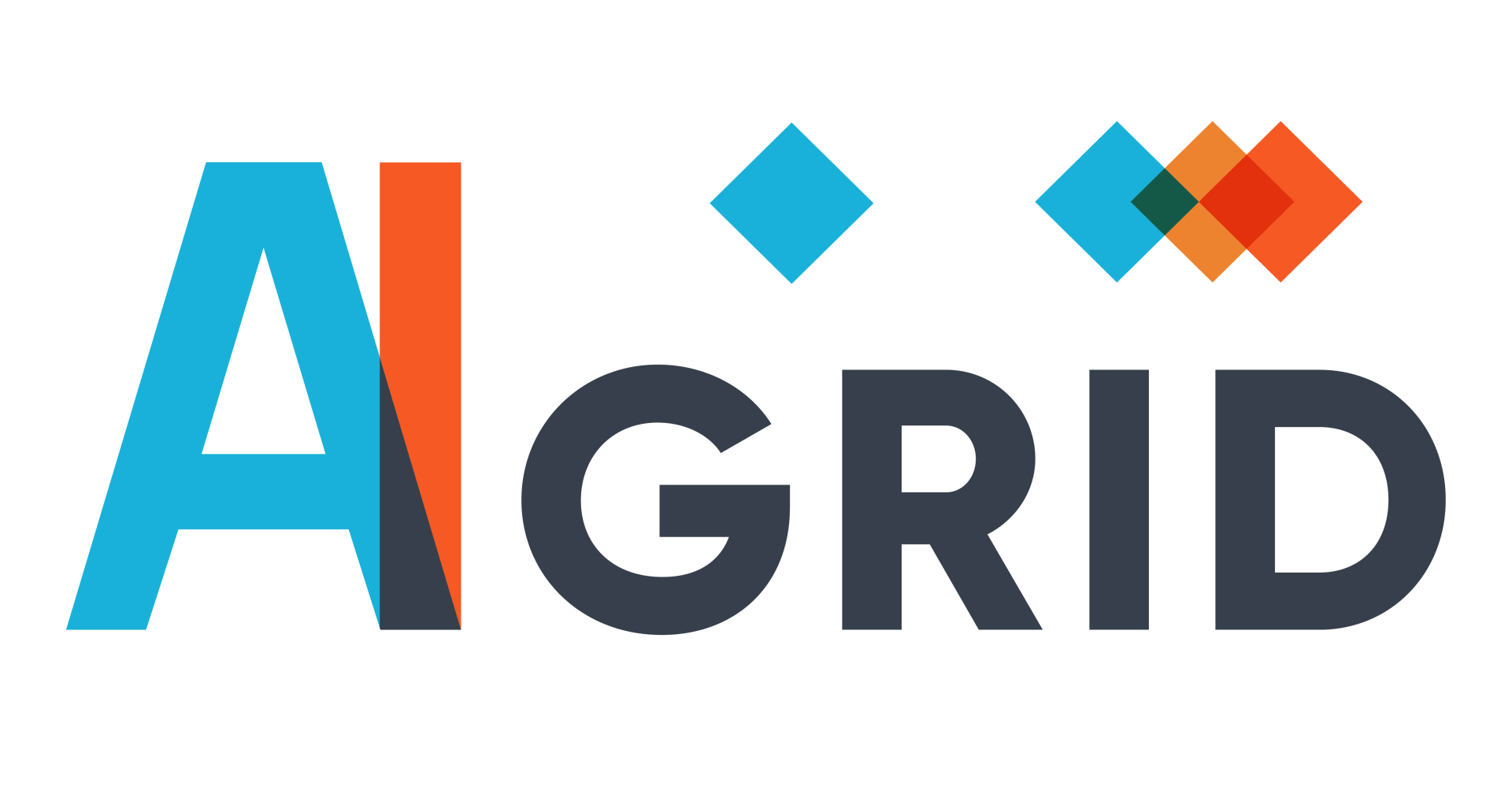Micro Focus Groups
AI Grid is a network of small AI communities. Within these communities, members share their research work, initiate collaborations and forge fruitful connections for the future.
Over 50 communities should emerge over time.
Here you can find our current micro focus groups.

ML: Multimodal Learning
Societal impact of AI is one of the most talked about topics in media at the moment due to its grave importance. Focusing on human-centered needs whether in applications in healthcare or governance of sociotechnological systems is essential.

PEAI: Societal Impact of AI
Time series analysis occurs in many different areas, from medical data (e.g. EEG) to mobility and transportation. This micro focus group concentrates on CNN models to analyze their data.

ML: Time-Series / Data Streams
The organization of knowledge is fundamental to the use of AI algorithms, as it often facilitates explainability and transparency.

DMKM: Linked Open Data, Knowledge Graphs & KB Completion
Software systems must be secure and robust against external attacks. This group focuses on cyber and IT security.

Cyber/ IT-Security
Graph-based machine learning uses coherent data structures (graphs) to model relationships and dependencies. This approach improves the ability of AI to analyze and predict complex relationships in various domains, from social networks to recommendation systems.

ML: Graph-based Machine Learning
Image recognition and processing are not only crucial for the future of autonomous driving, but also in robotics. LiDAR sensors and deep neural network architectures help to accurately process different types of perceptions.

CV: Vision for Robotics & Autonomous Driving
The use of computer vision methods in medicine is increasing rapidly. The generation of reliable and accurate images of small tissue types holds enormous potential in the healthcare sector and promises great benefits for patients.

CV: Medical and Biological Imaging
The need for understandable AI is increasing in line with the growing number of algorithms that influence our daily lives. By improving the interpretation of predictions made by models, we can understand their behavior and optimize their performance.

Explainable AI
In the era of ChatGPT, the study of large language models has become of great importance and the possibilities of use are very diversified. Therefore, it is particularly important to create stable models.

SNLP: Conversational AI/Dialogue Systems
Reinforcement Learning is a main framework in the field of machine learning. The group focuses on increasing the efficiency of algorithm development by combining reinforcement learning with the power of automated machine learning.

ML: (Inverse) Reinforcement Learning
Robots are being used more and more in our everyday lives. It is important that we investigate how we can best integrate and train them in order to achieve a positive relationship between humans and robots.

ROB: Behavior Learning & Control
Teaching algorithms to process their visual environment is crucial to gaining deeper insights into our world. It is becoming increasingly important to process different types of data. This is especially true as the complexity of this data continues to grow.

CV: Approach to Computer Vision
Deep neural networks (DNN) are an important factor in the rapid development of AI. The architecture consists of several layers of neurons that process complex data and can be used in a variety of ways.

ML: Deep Neural Networks
When doctors make decisions, they need to be correct. AI can help to significantly increase accuracy and support the decision-making process by analyzing large amounts of data. However, it is important that the data is unbiased and the decision-making process is transparent so that we can best trust the decisions made by doctors and AI.



